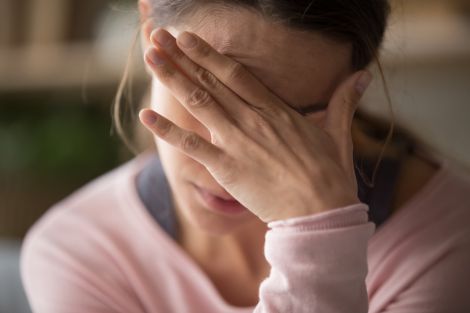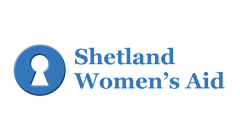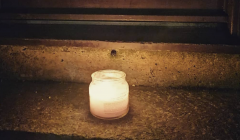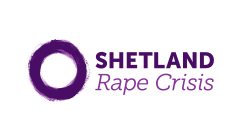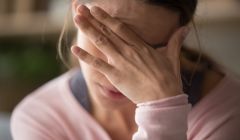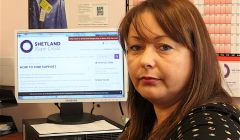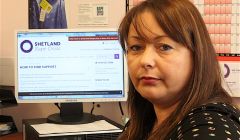Community / Domestic abuse agencies highlight increased risk during pandemic
SHETLAND’s domestic abuse partnership and the local Women’s Aid and Rape Crisis branches are reminding the community of the increased risk of domestic abuse and sexual violence during the coronavirus pandemic.
The partnership said while it is challenging for everyone to remain at home and be socially isolated, it is “even more difficult and unsafe for people living in an abusive relationship”.
“The current social restrictions designed to help protect all of us are giving abusers additional ways of controlling, isolating and causing harm,” it added.
Shetland Rape Crisis, Shetland Women’s Aid, Police Scotland and Shetland Islands Council are all continuing to work to help and support anyone affected by domestic abuse or sexual violence.
Lead officer for adult and child protection, Kate Gabb – speaking as a member of the Shetland Domestic Abuse Partnership – said: “We’re well aware that the current restrictions on movement will be placing a strain on many households.
“Where anyone is in an abusive or controlling relationship, this might only make things worse and I’d urge them to contact one of the agencies if they feel that they need some support.”
Shetland Rape Crisis service manager Lisa Ward, meanwhile, said: “We know that the vast majority of people who experience sexual violence are affected by someone known to them, quite often within their own family or by their own partner/spouse.
“This means that some people in Shetland are currently stuck at home with their perpetrators for prolonged spells, at a time where anxiety and stress is high for everyone meaning that some perpetrators are even more likely to offend, and to offend with more violence. This is incredibly difficult for survivors.”
Ward said the charity is also “acutely aware” of the risk for children at home with their perpetrators.
Become a member of Shetland News
“Childhood sexual abuse is a significant problem in Shetland and our stats show that around 40 per cent of our clients first experienced sexual violence under the age of 16,” she added.
“With schools closed and children and young people at home, the opportunity for perpetrators to offend is increased.
“In addition, even for survivors whose immediate home situation is safe, the lack of access to normal coping mechanisms and stabilising factors such as spending time with friends and family, working alongside others, working out at the gym, and other group hobbies and clubs, means that people will be struggling with their mental health and experiencing more symptoms of trauma such as flashbacks, anxiety, and dissociation.”
Shetland Women’s Aid manager Laura Stronach, meanwhile, said the organisation had seen an increase in demand from current clients, but no increase in referrals at the moment.
This is to be expected, though, as it is “very difficult for someone to escape in lockdown”.
Contact details for a range of organisations – including Women’s Aid and Rape Crisis – can be found on the Safer Shetland website.
Become a member of Shetland News
Shetland News is asking its readers to consider paying for membership to get additional perks:
- Removal of third-party ads;
- Bookmark posts to read later;
- Exclusive curated weekly newsletter;
- Hide membership messages;
- Comments open for discussion.
If you appreciate what we do and feel strongly about impartial local journalism, then please become a member of Shetland News by either making a single payment, or setting up a monthly, quarterly or yearly subscription.






